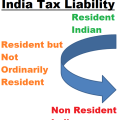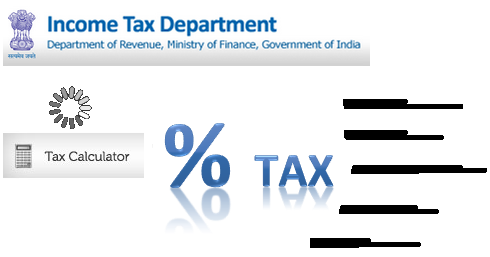Wealth tax is imposed on the unproductive wealth accumulated by individuals, companies and Hindu Undivided Families (HUF). It is imposed under Wealth Tax Act of 1957, a legislation enacted by Parliament of India. Reference Wealth Tax Act, 1957 on Wikipedia.
In scope and Out of scope
In scope
Value of the following assets accumulated by end of day financial year of previous year from the assessment year, accumulated by Individual, HUF and Company is considered for calculation of wealth tax.
- Guest House, residential house, commercial building (see exemption 6 in Out of scope)
- Motor car
- Jewelry, bullion, utensils of gold, silver or other precious metals
- Yachts, boats and aircraft
- Urban land (excludes farm lands in urban space)
- Cash in hand

Out of scope
The following will not be considered assets:
- Any of the above if held as Stock in trade
- A house held for business or profession
- Any property in commercial nature
- A property rented out for more than 300 days in a year
- Gold deposit bonds
- A residential house allotted by a Company to an employee, or an Officer, or a Whole Time Director ( Gross salary i.e. excluding perquisites and before Standard Deduction of such Employee, Officer, Director should be less than Rs. 5,00,000).
Following assets are exempt:
- Productive assets such as shares, debentures, mutual funds etc.
- Property held under a trust
- Interest of the assesse in the coparcenary property of a HUF of which assesse is a member
- Residential building of a former ruler
- Assets of an Indian repatriate (An NRI is exempt from paying wealth tax for 7 years after returning to India)
- One house or a part of house or a plot of land not exceeding 500sq.mts, for individual and HUF assesse
How much is the tax?
[Amount in excess of Rs 15 lacs of (Value of the taxable assets as wealth tax – total loan taken by assesse)] * 1%
Pros and Cons of Imposing Wealth Tax
Pros
- Government earns revenue. The revenue collected this year has been Rs 28 crores (INR 280 million). Reference: Direct tax collection rises 21% in April-May
- Wealth tax promotes use of assets for productive use. Remember that wealth tax is imposed on only non-productive assets.
- Government gets the data of wealth accumulated by wealth individuals.
- Wealth tax promotes spread of wealth among rich and poor
Cons
- The tax paid by companies reduces the profitability and thus gives less to its shareholders
- Additional tax on rich sometimes counter-productive because that is taxing for doing more work




